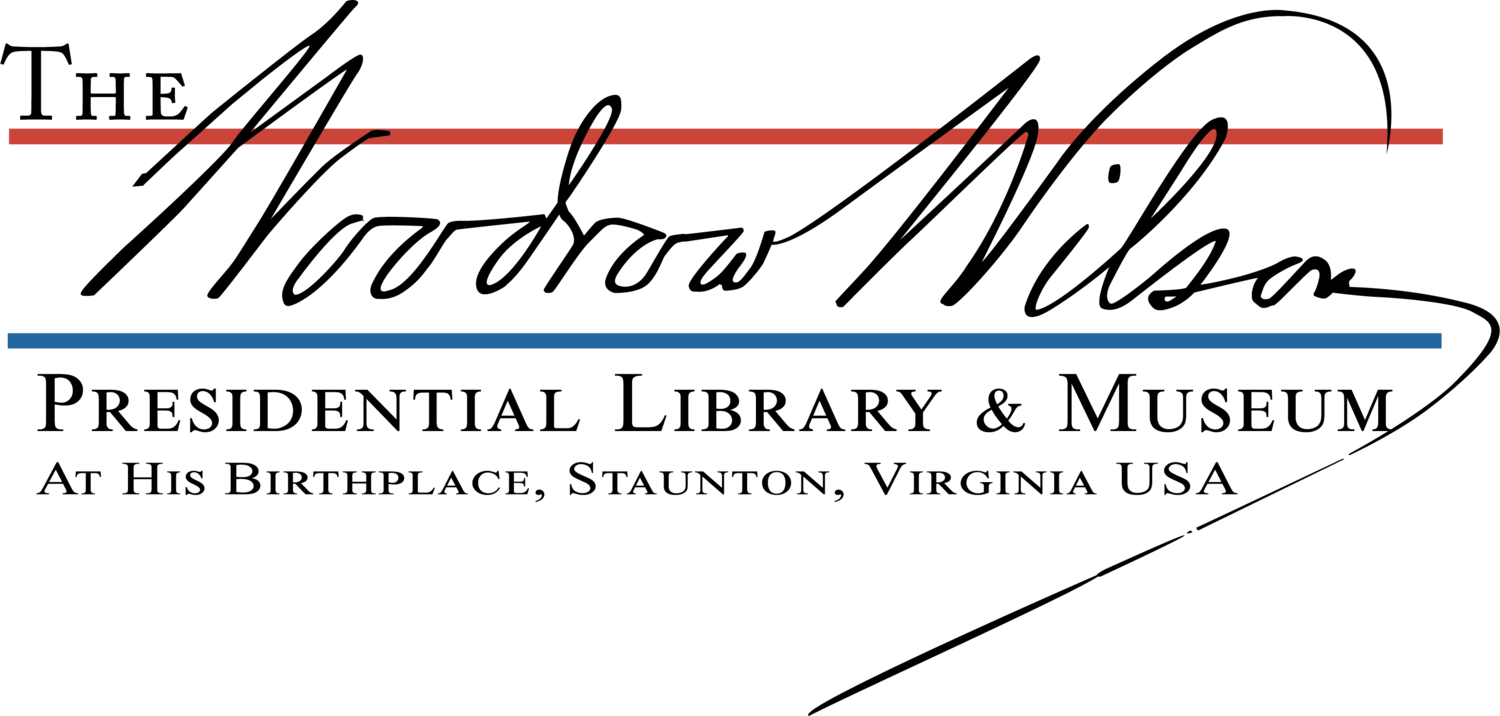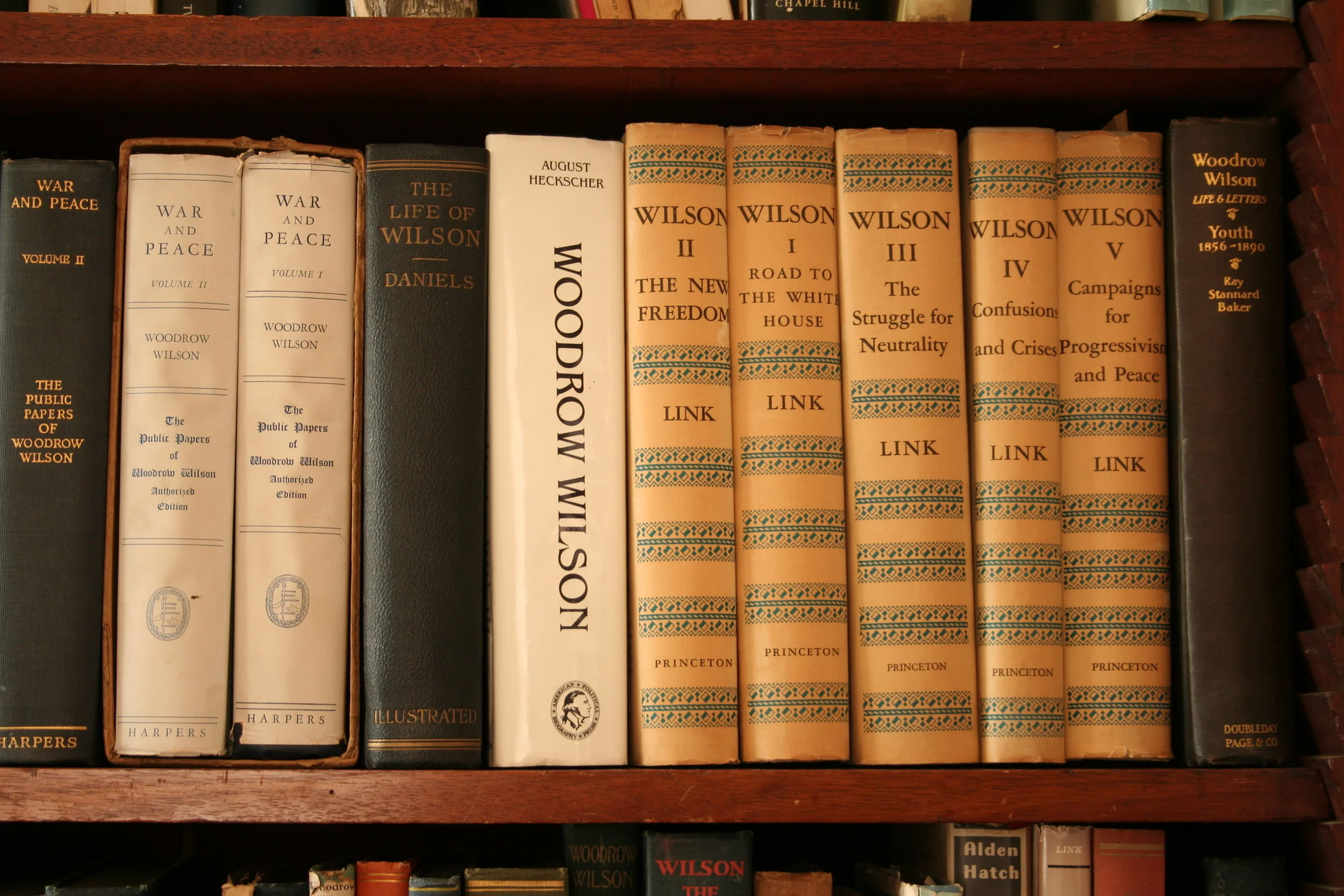Final Days
/One hundred years ago, the American president still faced uncertainties about how the Germans were going to surrender and how the Allied Powers would negotiate the peace. As Woodrow Wilson wrote to one of his advisers, Colonel House, on October 30, 1918, “We are pledged to fight not only to do away with Prussian militarism but with militarism everywhere.” Wilson insisted that any settlement include the establishment of a League of Nations.
Americans in general had their own insecurities as the war continued with its demands on men and supplies, but the smell of German defeat grew stronger. Ruth L. Hubble wrote that week to her “Dearest Friend,” Earl S. Parrish, about how she understood that he was eager to get to the action to Europe, just as she wanted to get back to service. People were getting the flu at home, though, and she wanted to visit him in camp before he could be sent off into danger. And, she added, “You I'm sure are entering the war clean & with good moral standards and I trust you will hold to your principals through thick and thin.… Don't you worry about Ruthie not being true to a certain soldier lad. You know you hinted occasionally that you thought I'd perhaps forget you & etc. but never fear I will hold myself worthy of your trust.”
For President Wilson, some relief came in a letter from the famous magazine editor, Edward Bok, who had just returned from a trip to the front in France. Bok thanked Wilson for the recent gift and included an interview that he had just given to the local paper in Philadelphia. He said in that piece that what, “strikes you in England and France is the predominating prominence of President Wilson and the supreme confidence in him.” Despite the horrifying evidence of war still to be seen in Europe, dead bodies, devastated cities, and food shortages, the American determination to fight on was still strong.
“They’ve named one of their biggest guns ‘Wilson’s Answer,’ and believe me when that gun goes off the answer is heard for miles.”
Woodrow Wilson replied on November 2nd with thanks for, “your generous letter, which has put fresh movement into my blood.”



